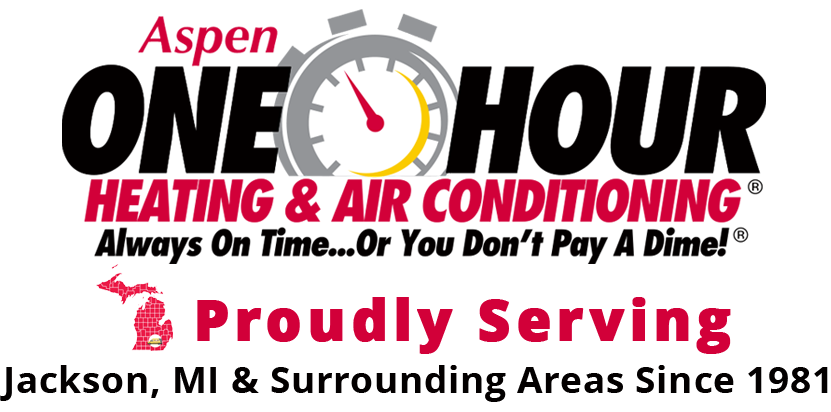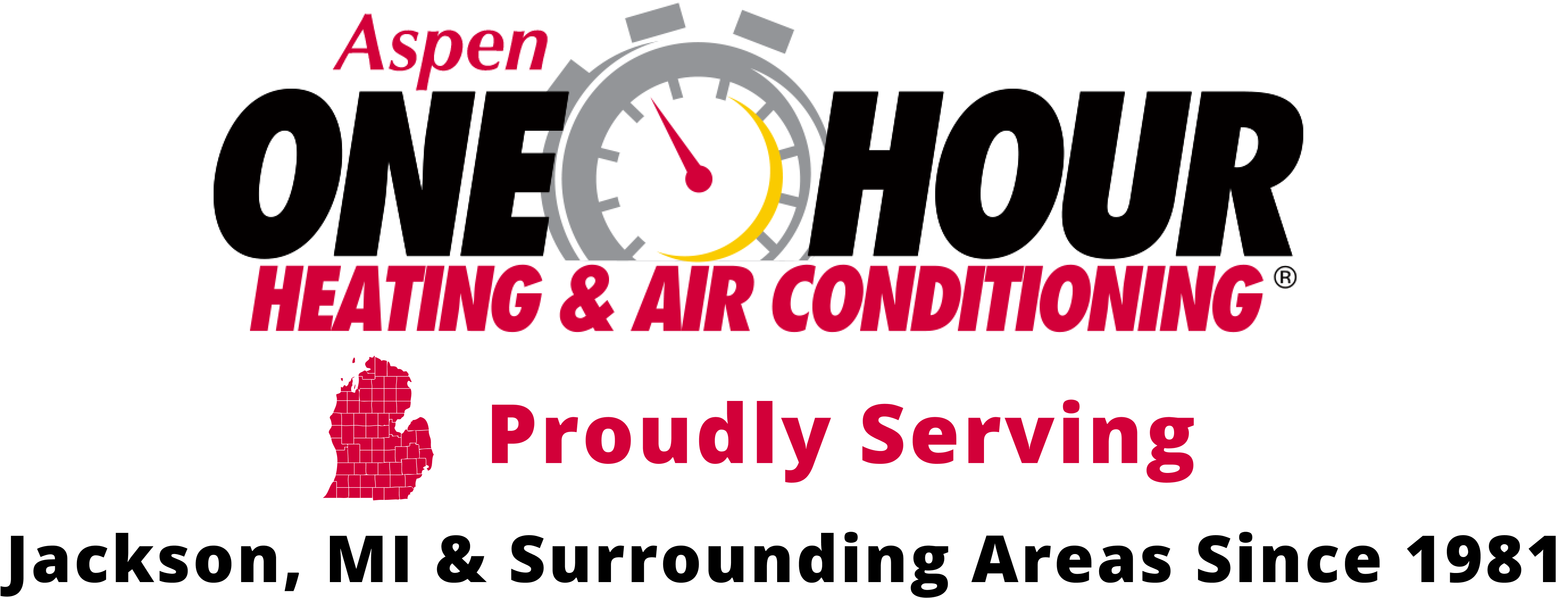As the seasons change, your HVAC system plays a crucial role in keeping your home comfortable. Proper preparation ensures it runs efficiently and effectively, saving you money on energy bills and preventing untimely breakdowns. Here’s a guide to preparing your HVAC system for seasonal changes.
1. Change Your Air Filters
One of the simplest yet most effective maintenance tasks is changing your air filters. Clogged filters restrict airflow, making your system work harder and less efficiently. Replace disposable filters every 1-3 months (more often if you have pets or allergies) or clean and replace reusable filters according to manufacturer guidelines.
2. Inspect and Clean Air Ducts
Over time, air ducts can accumulate dust, debris, and even mold, reducing indoor air quality and efficiency. Inspect your ductwork for leaks, tears, or signs of contamination. Professional duct cleaning every few years can greatly improve air quality and system performance.
3. Check Thermostat Settings
Adjust your thermostat settings for the upcoming season. During summer, set it to cool efficiently without overworking your system. In winter, optimize heating settings for comfort and energy savings. Consider upgrading to a programmable thermostat for automated temperature adjustments.
4. Schedule Professional HVAC Maintenance
Regular HVAC maintenance by a professional ensures your system operates at peak efficiency and identifies potential issues before they become costly repairs. Schedule a comprehensive inspection and tune-up at least once a year, ideally before the start of the heating and cooling seasons.
5. Inspect Outdoor HVAC Unit
If you have a central air conditioning system, ensure the outdoor unit is clear of debris such as leaves, twigs, and dirt. Trim any vegetation around the unit to allow adequate airflow. Check for signs of damage or wear and tear on the unit and its components.
6. Test Your HVAC System
Before the season begins, test your HVAC system to ensure it heats or cools effectively. Check vents for proper airflow and listen for unusual noises that could indicate a problem. Address any issues promptly to prevent further damage.
7. Seal Leaks and Insulate
Leaky ducts, windows, and doors can significantly reduce HVAC efficiency. Seal gaps with caulking or weather-stripping to prevent air leaks and improve insulation. Proper insulation keeps conditioned air inside, reducing energy waste and maintaining consistent indoor temperatures.
8. Consider Upgrading Your HVAC System
If your HVAC system is old or inefficient, consider upgrading to a newer, energy-efficient model. New systems not only reduce energy consumption but also qualify for rebates and incentives that can offset installation costs.
Conclusion
By following these steps to prepare your HVAC system for seasonal changes, you ensure optimal performance, lower energy costs, and greater comfort throughout the year. Regular maintenance and proactive care not only extend the lifespan of your HVAC equipment but also contribute to a healthier indoor environment for you and your family.
For professional HVAC maintenance, upgrades, or more tips on energy-efficient heating and cooling solutions, contact us today. Our team is here to help you achieve year-round comfort and efficiency in your home.

